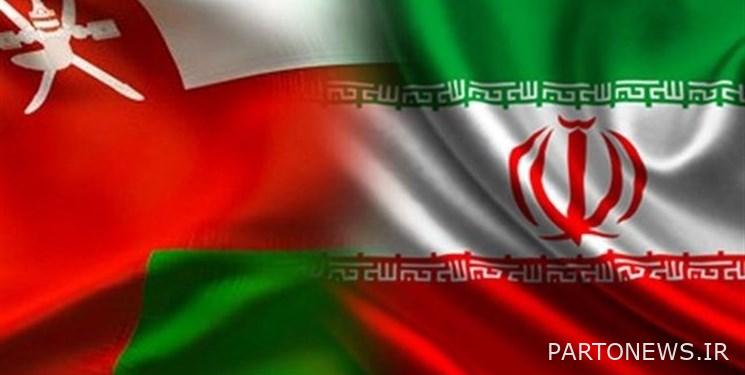73% growth in the volume of Iran’s trade with Oman

According to Fars News Agency, quoting the Ministry of Industry, Mines and Trade, Mohsen Zarabi, in the coordination meeting of Minister Samat’s visit to Oman, which was held in the presence of Minister Samat, announced a 73% increase in our country’s foreign trade volume to Oman and said: In 1400, we reached $ 1 billion in foreign trade with Oman, which will reach $ 1.2 billion by the end of the year.
He said that the roadmap for exports to Oman was developed with the participation of the private sector and the Joint Chamber, adding that the plan focuses on six pillars of the Oman government’s five-year plan, such as startups, nano and knowledge-based.
The head of the Iran-Oman Joint Chamber of Commerce reminded that imports to Oman in 2020 were about $ 24 billion, adding: “In most goods imported to Oman, we have an export advantage.”
Referring to Minister Samat’s visit to Oman, Zarabi continued: “The first private sector investment delegation will travel to Oman accompanied by Minister Samat, and I hope that it will pave the way for the development of economic exchanges and increase the trade volume between the two countries.”
He went on to say that mining, fisheries, tourism and re-export are important issues: in this trip, two prominent mining companies, three pharmaceutical and medical equipment companies, two companies in the field of energy and five companies in the field of food and aquaculture. Accompany the Minister of Industry, Mines and Trade.
The head of the Iran-Oman Joint Chamber of Commerce said that Oman has FTA (Free Trade Agreement) agreements with 16 Arab-African countries, the United States, Singapore and four European countries (Switzerland, Liechtenstein, Norway, Sweden). Is that we can export our products and goods to these countries through Oman with zero customs tariff.
Zarabi went on to say that Oman is important for our country’s economic actors in several ways: “Oman is a very good market for Iranian goods with imports of 24 billion dollars.” Our share of this market in 1992 was equal to 0.7 percent and in 1997 it reached 3.6 percent, which we can hold up to 10 percent of this market.
Regarding the use of re-export capacity from Oman, he continued: Secondly, Oman is a very good base for re-exporting Iranian goods. Some countries are a very good market for Iranian goods, but due to unfavorable political relations, it is not possible to export our goods to these countries, while through Oman we can export our goods to these countries.
In the end, the head of the Iran-Oman Joint Chamber of Commerce said that during these years, we have experienced a growing process of economic interaction and exchange with this country, and that the establishment of the Iran-Oman Joint Chamber has played an effective role in this upward trend. When the Iran-Oman Chamber of Commerce became the Iran-Oman Joint Chamber, the annual trade volume between the two countries was approximately $ 221 million. The dollar arrived.
Private sector activists in this meeting in the presence of Minister Samat expressed their most important views in various fields of work.
Registration of medicine more quickly, using the capacity of our country’s food industry consortium to export to Oman, using shrimp farming capacities and profitable aquatic species such as scallops, issues related to insurance, social security, value added and container transportation are the most important concerns. It was the private sector that was raised in this meeting.
Economic activists also stressed the need to focus more on mineral exports, such as stem cell and blood bank issues, and the export of sweets, chocolates and home appliances.
Our Minister of Silence will travel to Iran from February 10 to 11 to participate in the Joint Commission of Iran and Oman at the head of a public and private delegation consisting of various economic sectors.
During the 19th meeting of the Joint Commission, the two countries will hold consultations in the economic fields, especially in trade, industrial, mining, aviation, maritime and transit investment, energy, technical and engineering services, tourism, culture, etc. کردن.
End of message / b
You can edit this post
Suggest this for the front page

